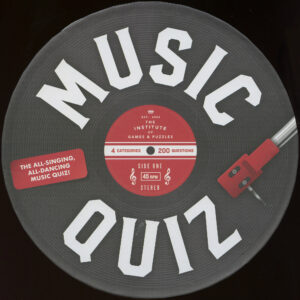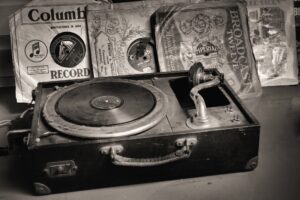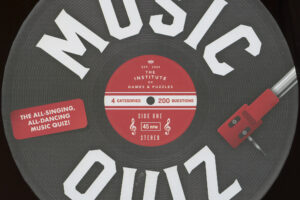The challenge of featuring super bands or A-list performers is that folks who are familiar with them know far more than I do and those that don’t — despite the high profile they have attained — don’t care. Frank Sinatra, The Rolling Stones and Michael Jackson don’t sneak up on anyone.
But it’s fun to write about big acts with well known repertoires.
I wasn’t a big Jethro Tull fan and, after watching these clips, understand that I missed a lot of good and perhaps not so clean fun.
Here is part of what George Starostin writes at his happily opinionated Only Solitaire:
Jethro Tull were once an amazingly good British band that used to suffer from just one single terrible problem – overproductivity. On one hand, their main driving force – Ian Anderson (vocals, flute, harmonica, acoustic guitar, electric guitar, occasional everything) – was extremely talented (close to being a genius, but not a God – hear that ye rabid fans?), prolific, professional musician and composer, absolutely unique in his total fusion of classics, folk, jazz, blues, rock and pop. His songwriting, playing and performing abilities really astonish me. He has created an original image – that of the mad one-legged flute-playing long-bearded satyr – which you may like or you may despise, but you cannot deny the talent, man! You cannot deny the talent!
Starostin’s point that Anderson was unique in blending different types of music may be true in terms of one individual, but I’d argue that Traffic, as a group, was right with him.
As with any self respecting 1960s and 1970s band in which the main members are still around and interested, Jethro Tull is on tour today. Three of the band’s hits are Thick as Brick, Bungle in the Jungle and, of course, Aqualung.









